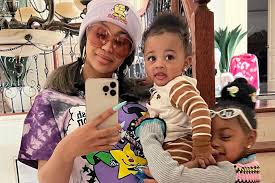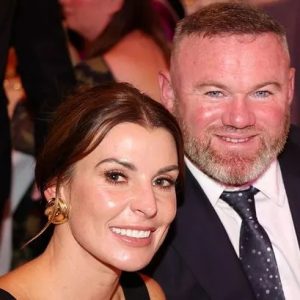Henry Winkler, now 77, has long been a beloved figure in entertainment, best known for his portrayal of “Fonzie” on the classic sitcom Happy Days. But behind the scenes, Winkler’s life has been defined by resilience, humor, and a dedication to his craft. His journey into acting began with an intense passion, though he faced daunting challenges early on.
Growing up with undiagnosed dyslexia, Winkler struggled academically and felt misunderstood by his family, who saw his academic difficulties as a lack of effort. Yet his determination and humor became his greatest assets, driving him to prove himself on his own terms.
Despite his struggles, Winkler pursued acting wholeheartedly. He was accepted into the prestigious Yale School of Drama, where his talent for humor and expression truly blossomed. Even though he faced constant challenges with reading scripts due to his dyslexia, Winkler found ways to adapt, memorizing lines with incredible focus and using his quick wit to improvise when necessary. His experiences at Yale laid the groundwork for his iconic performance as Fonzie, which would catapult him into stardom.

Happy Days ran for over a decade, and Winkler’s portrayal of the “cool” yet compassionate Fonzie made him an unforgettable icon of television. But as the show ended, Winkler was confronted with the challenge of transitioning beyond his famous character.
Determined not to be pigeonholed, he expanded his horizons into directing and producing, showing his versatility and range. One of his significant contributions behind the scenes was co-creating MacGyver, a show that became a cultural touchstone in its own right.
In recent years, Winkler has continued to stay relevant, embracing roles in film and television that showcase his enduring sense of humor and charisma. One standout performance was in Barry, the dark comedy where he plays a flawed but well-meaning acting coach, a role that earned him critical acclaim and even an Emmy. Through Barry, Winkler has introduced himself to a new generation of fans who appreciate his comedic timing and the depth he brings to his characters.
Beyond acting, Winkler’s personal life reveals a man who is compassionate and family-oriented. He has become an advocate for dyslexia awareness, driven by his own experiences with the learning disability. Winkler has co-authored children’s books like Hank Zipzer: The World’s Greatest Underachiever.
It was a series centered around a young boy with dyslexia, offering young readers both humor and hope. This book series has been a huge success, allowing Winkler to connect with children who face similar struggles, showing them that they too can achieve great things.
Winkler’s journey is also one of humility. He often shares stories about how he felt like an outsider due to his learning challenges and how he worked tirelessly to prove his worth. His experience has inspired countless fans, especially those who feel that their differences hold them back. By sharing his own vulnerabilities and victories, Winkler has become a role model, not only in the entertainment industry but also for anyone who has ever felt “less than.”

Despite the difficulties he has faced, Winkler maintains a positive outlook, often poking fun at his own image and taking on roles that allow him to do the same. His recent interviews are filled with warmth and humor, reflecting his natural charm and genuine personality. At 77, Winkler remains youthful in spirit, open to new challenges, and committed to spreading joy through his work.
His legacy, both as an actor and as an advocate, is truly inspiring. He exemplifies resilience and adaptability, turning personal challenges into opportunities for growth and success. Winkler’s story serves as a reminder that our struggles don’t define us; rather, it’s our response to them that shapes who we become.
Through his life and career, Henry Winkler has shown that humor, passion, and kindness can be powerful tools in overcoming obstacles and leaving a lasting, positive impact on the world.





